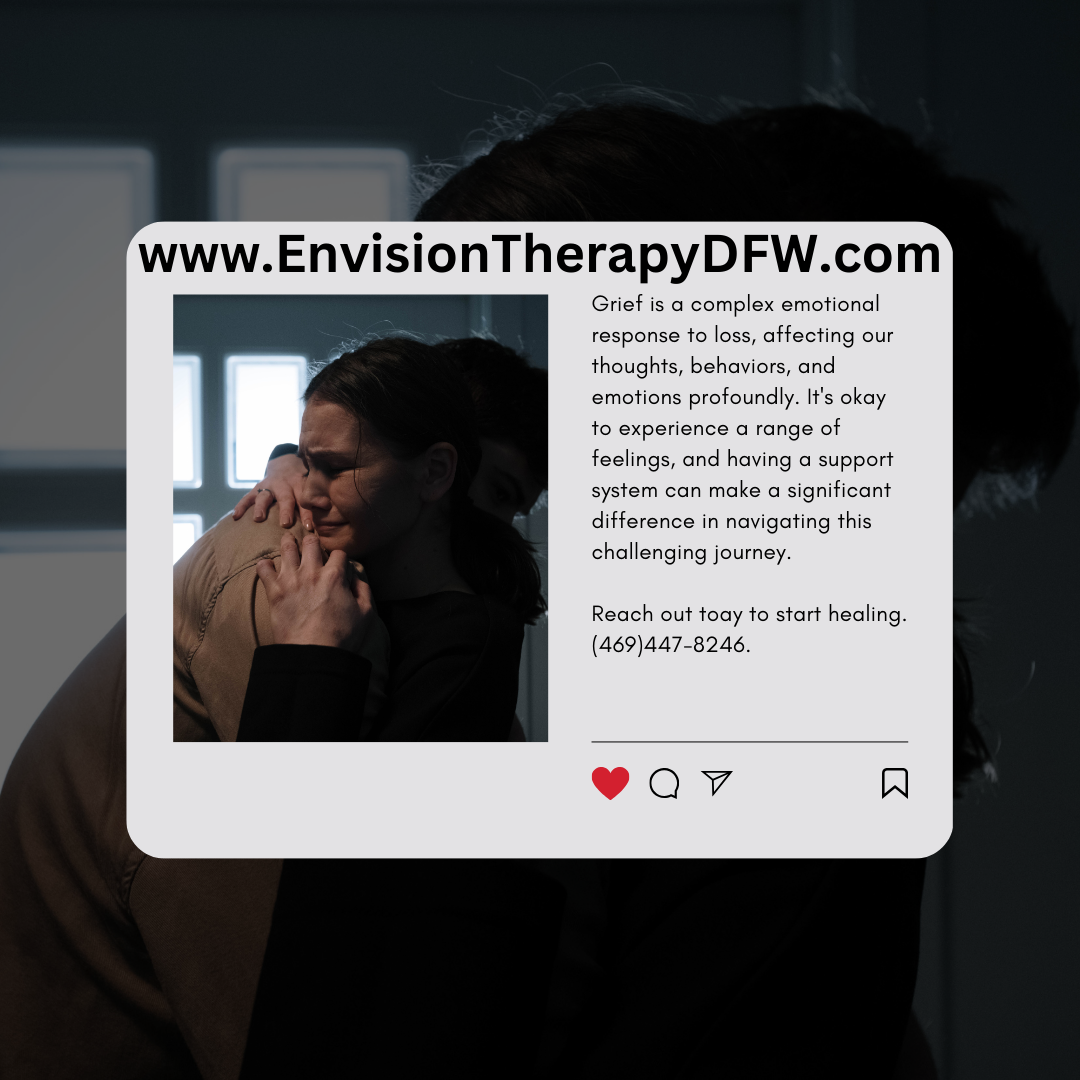Grief is not merely an emotional response; it resonates deeply within our bodies, manifesting in ways both profound and unexpected. When we experience loss, whether through the death of a loved one, the end of a relationship, or other significant life changes, grief impacts us physically, emotionally, and spiritually.
Grief’s Physical Presence
Grief makes itself known physically, often catching us off guard. Maybe you’ve felt the tightness in your chest, the heaviness in your limbs, or the lump in your throat that accompanies sorrow. It’s as if grief takes residence within us, affecting our body’s rhythms and responses.
Heartache Beyond Metaphor
The heart, often symbolizing love and emotion, also bears the burden of grief. Maybe you’ve experienced what feels like “broken heart syndrome,” where the intense emotions of grief can actually cause the heart to physically swell and strain. For older adults, the risk of heart attack significantly increases in the days following a profound loss, underscoring the deep connection between emotional pain and physical health.
Tears: A Language of Grief
Crying, too, is a physical release of grief. Maybe you’ve found solace in tears, allowing them to flow freely as a natural response to loss. Tears aren’t just a symbol of sadness; they contain stress hormones that can provide a biochemical release, offering a brief respite from emotional turmoil.
The Toll on Daily Life
Grief disrupts our daily routines and pleasures. Maybe you’ve noticed a loss of appetite, finding food tasteless or unappealing in the wake of loss. Sleep might evade you, leaving you restless and fatigued during the day. These physical manifestations of grief reflect the body’s struggle to reconcile profound emotional upheaval.
Somatic Expressions of Grief
Sometimes, grief finds expression in unexpected ways. Maybe you’ve experienced headaches, body aches, or even profound changes in sensory perception. These somatic symptoms are the body’s attempt to process and cope with overwhelming emotions that words alone cannot convey.
Acknowledging and Addressing Grief
Acknowledging grief’s physical presence is crucial to healing. Maybe you’ve felt pressure to suppress your grief, whether due to societal expectations or personal beliefs. However, allowing yourself to feel and express grief is essential for healing. It’s a journey that requires patience, self-compassion, and sometimes, professional support.
Moving Forward with Grief
Navigating grief is not about erasing pain but finding ways to coexist with it. Maybe you’ve found solace in physical activities, connecting with supportive friends and family, or seeking professional guidance to navigate the complexities of grief. Healing happens gradually, as we learn to integrate loss into our lives and find new meaning in the memories we cherish.
Grief is a multifaceted experience that transcends mere emotion; it permeates our bodies, minds, and spirits. Maybe you’ve felt alone in your grief, unsure of how to navigate its physical toll. Remember, you don’t have to endure it alone. Seek support, honor your emotions, and allow yourself the grace to heal in your own time.
Grief is a journey that varies for each person. It’s okay to seek help if you feel overwhelmed or stuck in your grief process. Remember, healing takes time, and maybe it’s important to be patient and kind to yourself as you navigate through this challenging experience.
Work with Shuqueta or Jaci to explore the depths of grief, understand its impact, and find support in navigating this emotional journey with compassion. Reach out today to start healing.
TLDR (Too Long; Didn’t Read): Grief is a complex emotional response to loss, affecting our thoughts, behaviors, and emotions profoundly. It’s okay to experience a range of feelings, and having a support system can make a significant difference in navigating this challenging journey.

